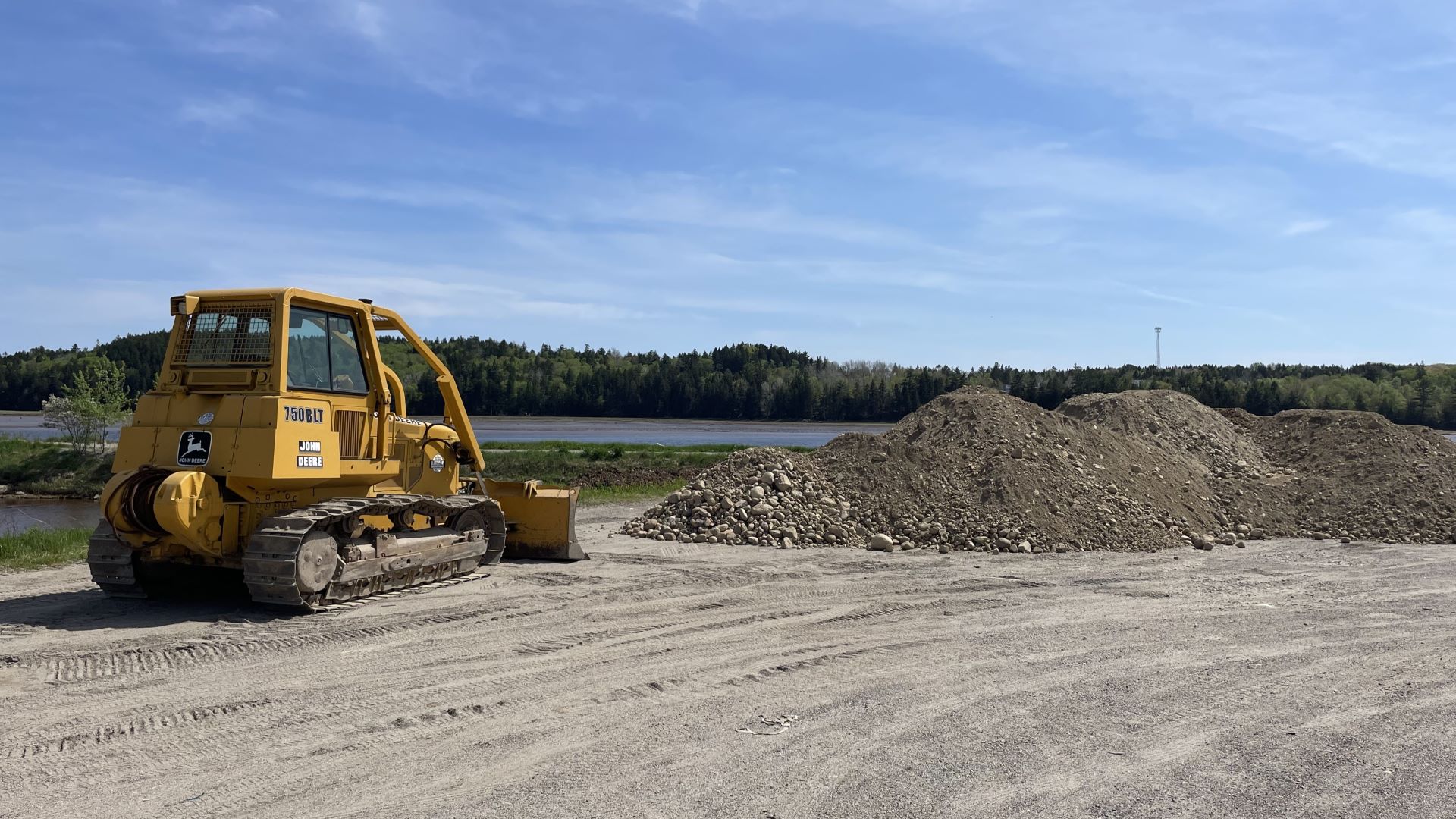Just a month after the Trump administration cancelled a popular grant program and millions of dollars for local Maine climate resilience projects along with it, Maine municipal officials are facing yet another potential federal funding setback.
This time it’s the Hazard Mitigation and Grant Program that the administration is downsizing, according to POLITICO’s E&E News, a multi-billion dollar program that states have long used to protect vulnerable homes and infrastructure from floods and other disasters.
Administered by the Federal Emergency Management Agency, the program targets states hit by presidentially declared disasters (like a major storm or flood) and allocates federal funding for communities to rebuild with climate resilience in mind, aiming to limit vulnerability to future disasters. It covers infrastructure projects like elevating flood-prone homes or businesses, as well as municipal efforts to plan and enforce flood-smart development.
FEMA allocates funding to states based on the estimated cost of damages from a disaster. Maine was allocated a total of $15 million through the grant program after the December 2023 and January 2024 floods, according to the Maine Emergency Management Agency, and had until the end of this summer to finalize grant applications to spend it.
After the agency cancelled the popular Building Resilient Infrastructure and Communities grant in April, the hazard mitigation grant was seen as one of the last viable federal funding options for some of the 18 Maine resilience projects that lost their federal funds.
Now that both funding streams seem to be off the table, communities are running out of other funding sources and considering scaling back their projects.
The Kennebec Valley Council of Governments was spearheading a $2 million project that would have trained and hired code enforcement officers to provide part-time help for any community in 13 Maine counties that lacks a dedicated code enforcement office.
When the council and five others across the state asked what their rural communities needed most from them, the overwhelming answer was code enforcement assistance, according to Jessie Cyr, the council’s economic and community development director.
“They had no resiliency efforts… no code enforcement, nobody that could guide anyone who was building,” Cyr told The Maine Monitor. “If you want to build along the Kennebec River, there’s shoreline zoning, but that’s it. There’s nobody to guide you and give you advice.”
The coalition’s application for roughly $1.6 million in federal BRIC funding was still under FEMA consideration at the time of the grant’s cancellation, Cyr said, but was nearing approval.
Without that funding, or the option to apply for hazard mitigation funds instead, the coalition will have to patch together smaller state grants to fund a scaled back version of the program that might only support Somerset County, which has the highest poverty rate of any Maine county.
Cyr said the process with FEMA has been frustrating, especially for the small rural communities that were banking on the code enforcement support to help them rebuild resiliently after recent flooding.
“The need isn’t going away. It’s actually getting worse,” she said. “We’ve had more flooding in the last three years than we’ve had since I’ve been here for the last forty years. We need a way to guide people coming in looking to build.”
Cyr isn’t the only Maine municipal official sounding the alarm after federal funding cuts. Down in York County, the initial optimism that emergency management director Arthur Cleaves had after BRIC’s cancellation last month has been clouded by narrowing funding opportunities and the encroaching hurricane season.
The county’s coastline was decimated after the January 2024 flooding, wiping out vast stretches of sand dunes and causing tens of millions of dollars in damages. Cleaves and the York County Emergency Management Agency were banking on $30 million in potential BRIC funding to restore and strengthen the dunes against future storms, using one of the few federal grants available to support projects of this size.
Until a new funding source is secured and the dunes restored, Cleaves warns that another storm could inflict massive damage — even worse than the January 2024 storm.
“Every month that goes by, we’re at greater risk,” Cleaves said. “So we’re trying to pull out all the steps that we can to find funding that will put something back in place.”
The county is preparing multiple applications for a more competitive FEMA grant, but it would only cover planning expenses. Aside from that and a couple other small federal opportunities, Cleaves said the county is largely limited to opportunities at the state level, like a $75 million bond measure for Maine resilience projects that was recently proposed by state Sen. Donna Bailey (D-York).
As a former FEMA official with decades of emergency management experience at the state and county levels, Cleaves has seen the federal agency at every angle and is keenly aware of the opportunities to improve its efficiency and cost-effectiveness.
What he doesn’t understand, however, is what good will come out of sinking vital FEMA programs that can protect communities like his from the next big storm.
“There’s room for improvements, but to simply slash and cut arbitrarily?” Cleaves said. “Nobody seems to know exactly what the outcome will be in the end.”







